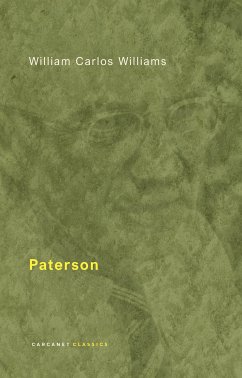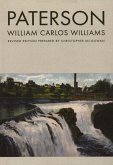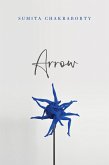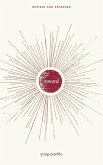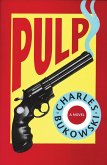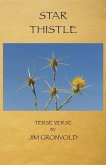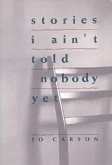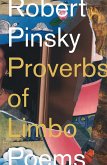William Carlos Williams (1883-1963), like his friend Ezra Pound, never finished his magnum opus, a poem as impossibly ambitious as the Cantos, but richly invested in the present world. It was published over a period of a dozen years (1946-1958) in five books, the sixth left incomplete. The first book was welcomed by the great American poet-critic Randall Jarrell. He called it 'the best thing Williams has ever written' - 'how wonderful and unlikely that this extraordinary mixture of the most delicate lyricism of perception and feeling with the hardest and homeliest actuality should ever have come into being! There has never been a poem more American.'
He was disappointed with the books that followed. But he was expecting an American epic while Williams was delivering something more original, Whitmanesque, an evocation of a New Jersey community (Paterson), a great American river (the Passaic) that powered its mill wheels, a confluence of human and natural worlds in conflicts and harmonies. It is a great poem about humankind and the environment it finds, exploits but cannot dominate. The style has been called documentary, but that hardly does justice to its subtleties of tone and its American patterns of sound. Williams trained as a physician and practised as a doctor all his life. His double vocation produced a poetry different in kind from the erudite and culturally knowing and allusive work of his contemporaries. Its subtleties are of another kind.
He was disappointed with the books that followed. But he was expecting an American epic while Williams was delivering something more original, Whitmanesque, an evocation of a New Jersey community (Paterson), a great American river (the Passaic) that powered its mill wheels, a confluence of human and natural worlds in conflicts and harmonies. It is a great poem about humankind and the environment it finds, exploits but cannot dominate. The style has been called documentary, but that hardly does justice to its subtleties of tone and its American patterns of sound. Williams trained as a physician and practised as a doctor all his life. His double vocation produced a poetry different in kind from the erudite and culturally knowing and allusive work of his contemporaries. Its subtleties are of another kind.
Dieser Download kann aus rechtlichen Gründen nur mit Rechnungsadresse in A, B, BG, CY, CZ, D, DK, EW, E, FIN, F, GR, H, IRL, I, LT, L, LR, M, NL, PL, P, R, S, SLO, SK ausgeliefert werden.

